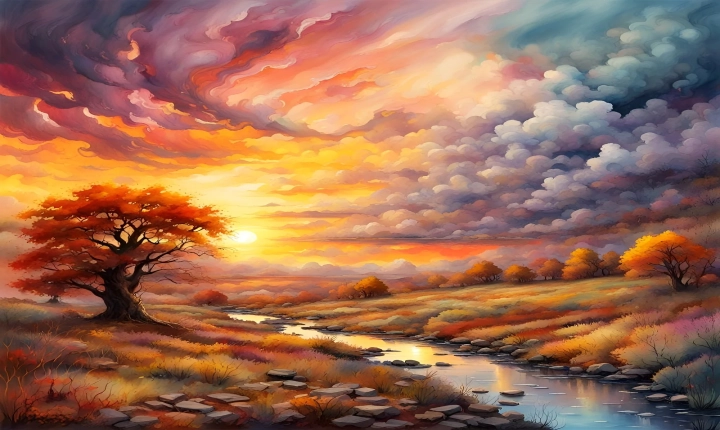The impact of artificial intelligence (AI) on Hollywood has been increasingly felt in recent years, with its influence pervading nearly every aspect of the film industry. From the production process to marketing and audience engagement, AI is reshaping the way films are made and consumed. In this article, we will explore the different ways in which AI is affecting Hollywood and its potential implications for the future.
One of the most significant areas where AI has made its mark in Hollywood is in the production process. AI-powered tools are being used to streamline various aspects of filmmaking, from scriptwriting and storyboarding to editing and special effects. For example, AI algorithms can analyze vast amounts of data to identify trends in audience preferences and help filmmakers tailor their content to the demands of the market. Additionally, AI can be used to generate realistic visual effects, enhancing the overall quality of the film while reducing production costs and time.
Furthermore, AI is revolutionizing the way films are marketed and distributed. By harnessing the power of big data and machine learning, studios can now predict the box office performance of a film with greater accuracy. AI algorithms can analyze social media conversations, search trends, and other online activities to gauge audience interest and anticipate the success of a movie. This allows studios to optimize their marketing strategies, target specific audience segments, and maximize the impact of their promotional campaigns.
In the realm of audience engagement, AI is enabling a more personalized and immersive experience for viewers. Streaming platforms are leveraging AI to recommend content based on users’ preferences and viewing habits, creating a more tailored and enjoyable experience. Moreover, AI-powered chatbots and virtual assistants are being used to interact with audiences, providing them with personalized recommendations and answering their queries in real-time.
However, the increasing reliance on AI in Hollywood also raises certain questions and concerns. The use of AI in filmmaking has sparked debates about its potential to replace human creativity and artistry. Some worry that the growing influence of AI in scriptwriting and story development may lead to a homogenization of content, resulting in formulaic and uninspired films. Additionally, there are concerns about the ethical implications of AI-generated content, as well as the potential implications for the job market, as AI continues to automate various aspects of production.
Despite these concerns, it is evident that AI is fundamentally reshaping the landscape of Hollywood. As the technology continues to evolve and mature, it is likely to play an even more profound role in the future of filmmaking. By leveraging the power of AI, Hollywood has the potential to create more compelling and innovative content, engage with audiences in more meaningful ways, and drive greater efficiencies in production and distribution.
In conclusion, the impact of AI on Hollywood is multifaceted and far-reaching. While it presents exciting opportunities for innovation and efficiency, it also raises important questions about the role of human creativity and the potential consequences of automation. As the film industry continues to navigate this new era of AI-driven filmmaking, it will be crucial to strike a balance between technological advancement and the preservation of artistic integrity. Only time will tell how AI will further transform the world of entertainment, but it is clear that its influence is already leaving a lasting mark on Hollywood.
